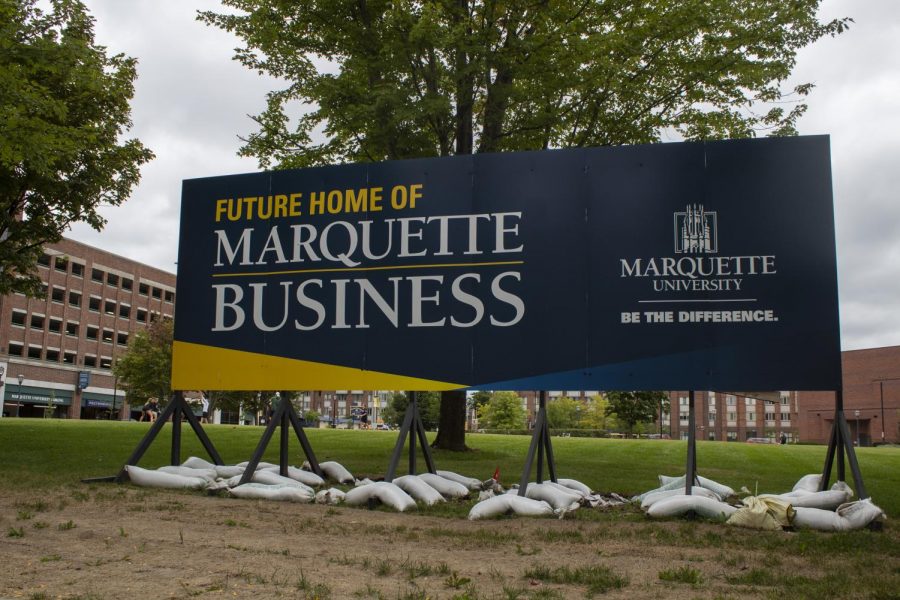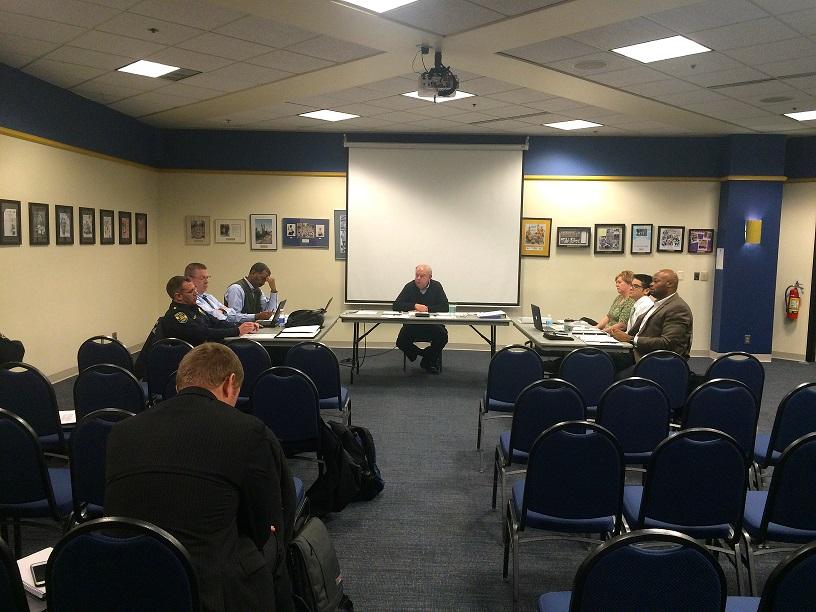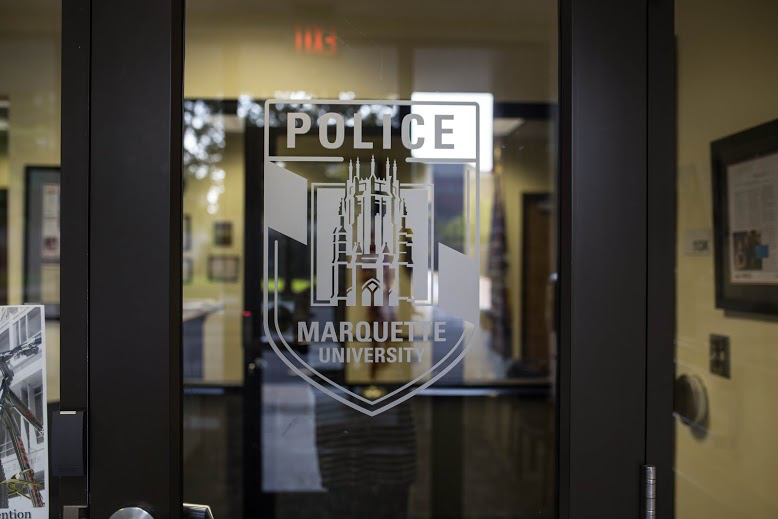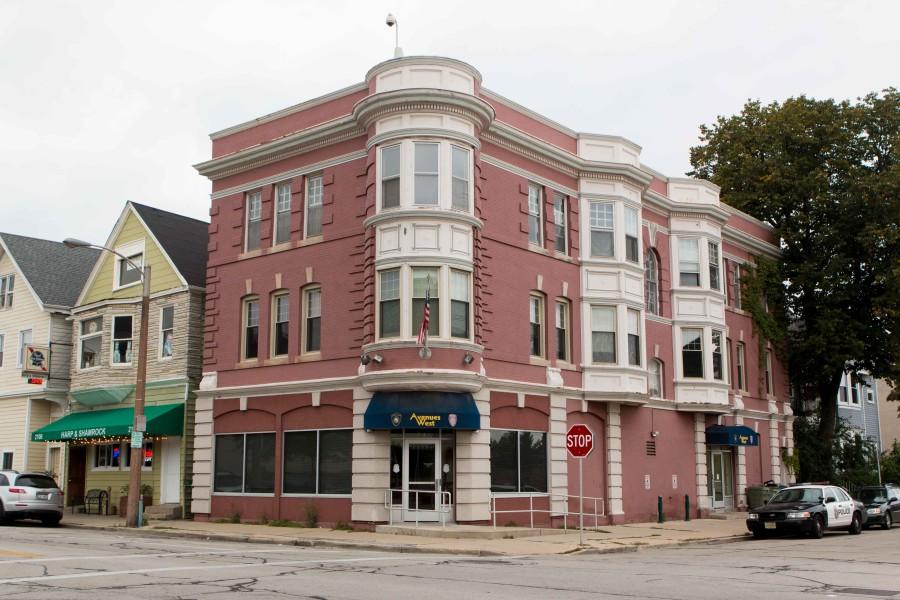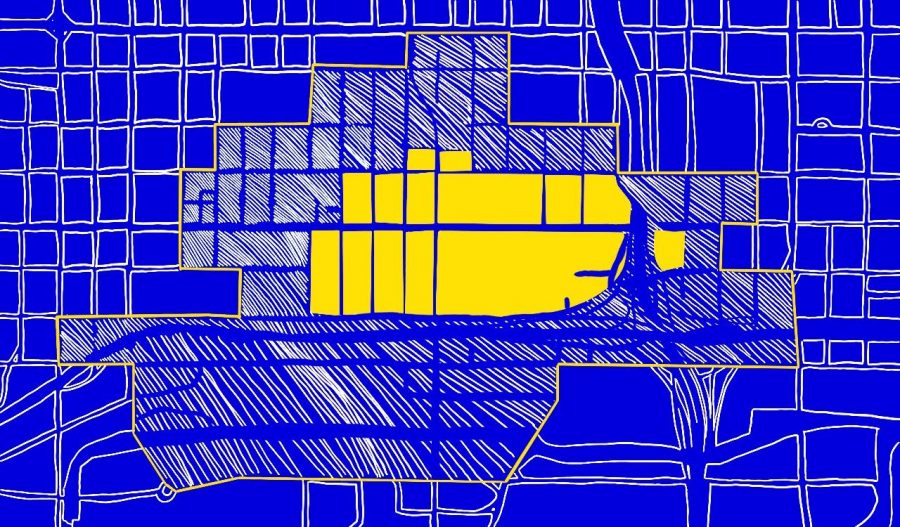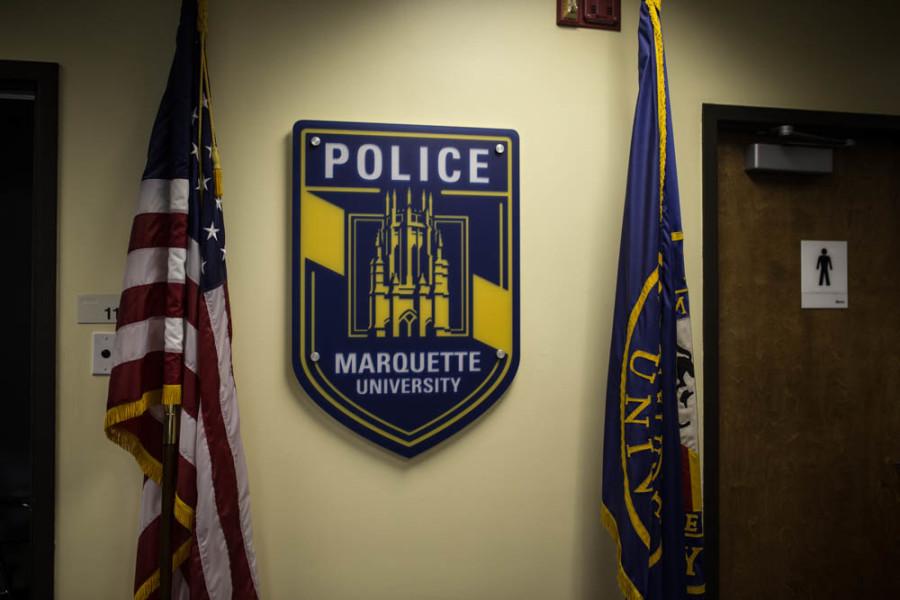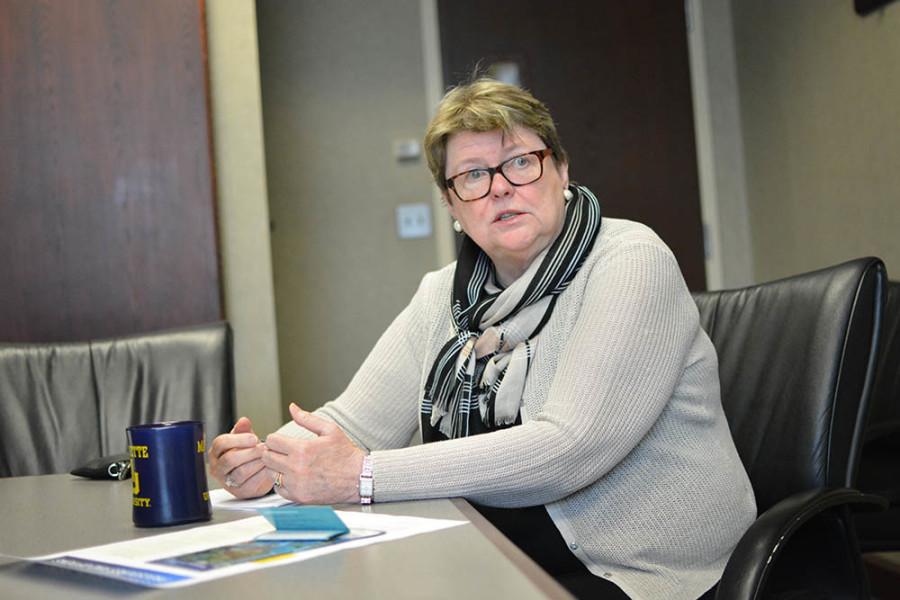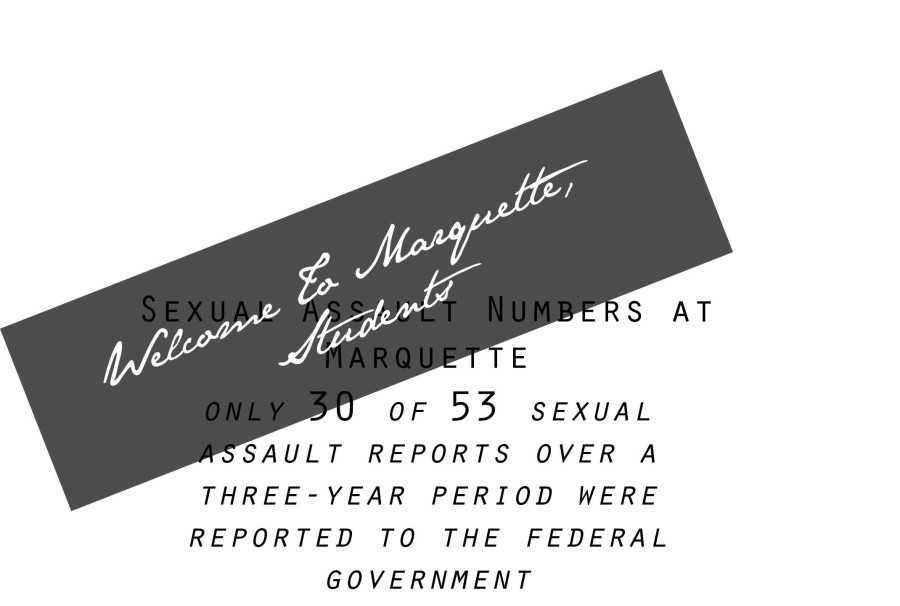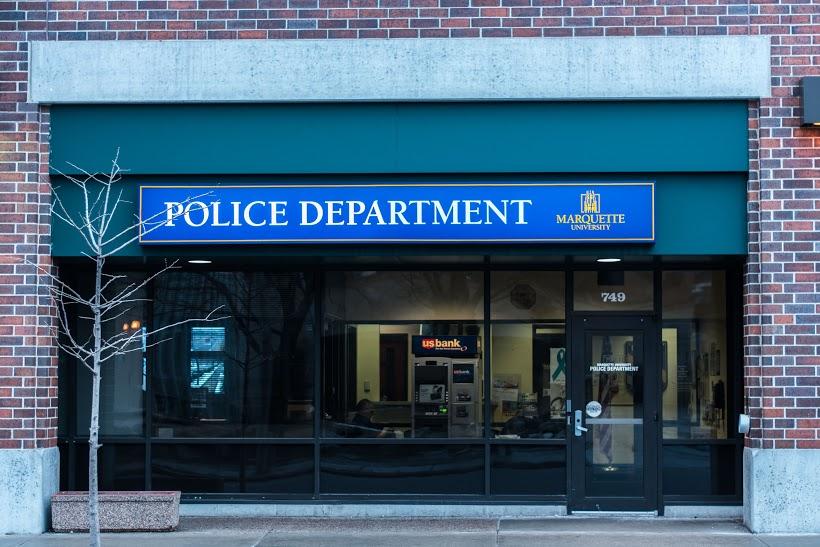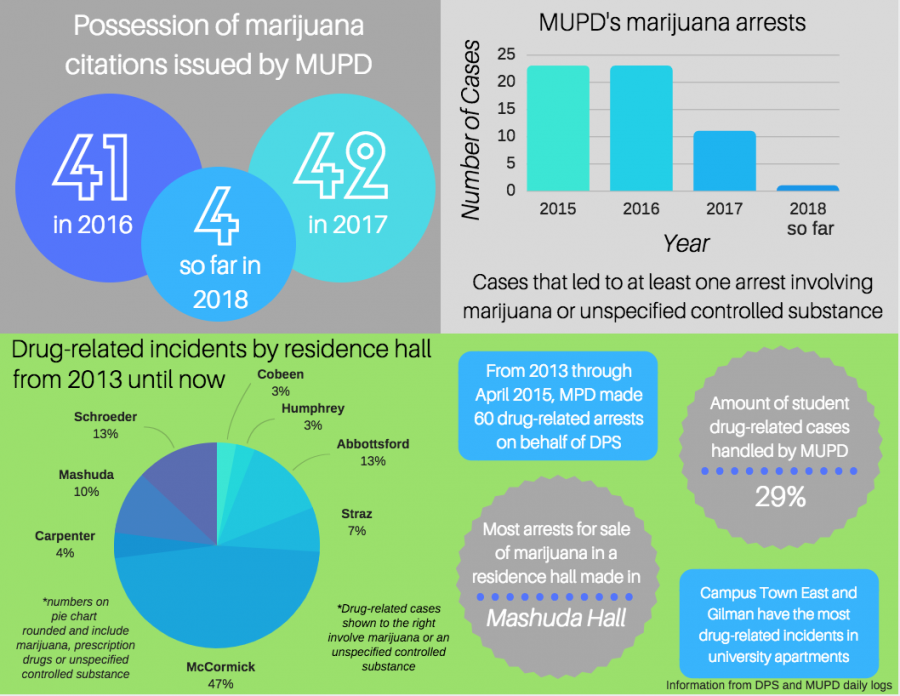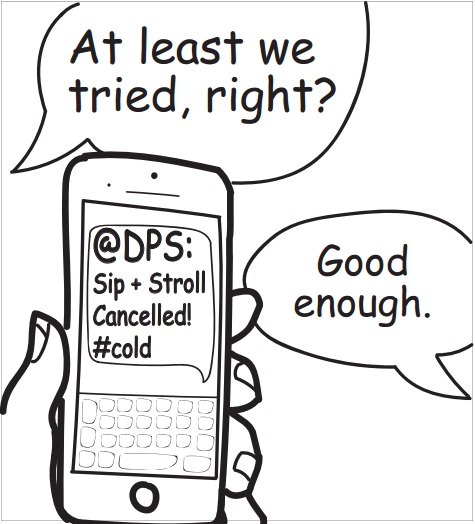
Marquette Student Government, in conjunction with the Department of Public Safety, publicized Sip and Stroll for Safety, an event that invites students to join DPS officers on a walk around the Avenues West neighborhood during the evening hours.
The aim of the event is for students to get to know the surrounding area and identify “areas of low lighting” and other issues, while also allowing students to interact with DPS officers in a casual setting.
With DPS’s conversion into a police force in progress, it is clear the department is looking to build trust with the student body by encouraging them to come out with offers of free coffee and hot chocolate. It is by all means a commendable effort. Students should be well-acquainted with the officers that serve them, and vice-versa.
Taking students out on a guided tour of the neighborhood also serves as a much-needed connection between the Marquette community and the Avenues West neighborhood. It can be a positive step in breaking down the often cited imaginary Marquette bubble that separates students from city residents.
Sip and Stroll has strong potential as an outreach initiative. There should, however, be careful consideration for how events such as Sip and Stroll are coordinated. As it is described now, the event appears to be less of a two-way dialogue between DPS officers and students and more of a guided tour, with the department promoting their own view of the neighborhood. With a mishandled execution, this can lead to an unintended effect of reinforcing stigmas about certain areas in the neighborhood. It can lead students to avoid “unsafe” areas without considering solutions for how to improve their surroundings instead.
For it to be truly successful, there should not just be one event, but a sustained dialogue between DPS, Marquette students and the surrounding community. Public safety, after all, is an ongoing issue, one that cannot be resolved merely with a singular evening walk around the block.
To have a significant effect, there should be continued efforts on DPS’s behalf to bring students into the community. Holding similar events regularly during the semester, rather than sporadically, can allow DPS to be on the pulse of ongoing issues as they arise and offer students constant visibility of the officers on campus.
Sip and Stroll is a novel attempt to bring DPS and students together but could be ineffective if there is low student participation. If there were events to involve more people over a longer period of time, the information could be more widely dispersed and known.
Finally, the information disseminated at these events should also be made available to students and community members via different media. Not all individuals who want to participate in Sip and Stroll may always be able to do so, whether it is because of scheduling conflicts or too cold weather. If the discussion that is held at this event is limited to a small fraction of the student body, its intended effect to involve students and connect them to DPS will fizzle out quickly.
As DPS and MUSG move forward with this initiative, we hope both will continue to foster connections throughout the community, making sure all relevant voices are heard and all pertinent information is made available.


